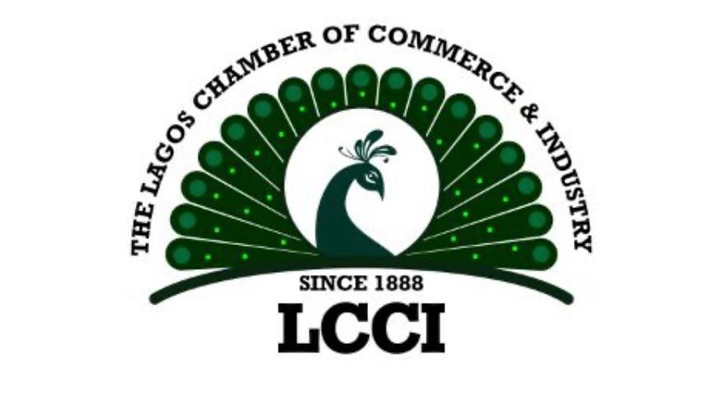The Lagos Chamber of Commerce & Industry (LCCI) has urged the federal government to reconsider the apparently over-ambitious assumptions for the 2025 federal budget.
The federal government, on November 14, 2024, approved the Medium-Term Expenditure Framework for 2025-2027 and the Fiscal Strategy Paper.
The chamber said, “the approved 2025-2027 MTEF proposed that the federal government will spend N47.9 trillion to run the economy in 2025. This represents an increase of 36.64 per cent in government expenditure compared to N35.06 trillion in 2024.
“In nominal terms, the budget is the highest in the history of the country in naira denomination. The proposed 2025 budget aggregates are inherently sensitive to current macroeconomic conditions, as they directly impact revenue generation, expenditure, and overall fiscal performance.”
Speaking, the director-general of LCCI, Dr. Chinyere Almona said, “a review of the key parameters and assumptions on which the 2025 budget is being proposed appears to be too optimistic in the face of current realities as recorded in the economic and social indicators.
“Particularly, the assumption of an exchange rate at N1,400 is too fragile to work with against the current average of above N1600 to a dollar in both the official and parallel markets. Assuming an inflation rate at 15.8 per cent does not reflect the unabating factors pushing up both the headline and food inflation.
“With inflation rising to 33.88 per cent as of October 2024, it is unrealistic to assume a steep 51 per cent crash within a year. Since the current challenging economic conditions are mostly fueled by the inflation rate and the exchange rate, we advise the government to reconsider the apparently over-ambitious assumptions for the 2025 federal budget.”
She added that “beyond the assumptions and projections, the creation of an enabling environment for the private sector to thrive, and the clarity of policy direction in the economy are critical to achieving the projected growth rate of our Gross Domestic Product (GDP) in 2025.
“Further breakdown indicates that debt services are proposed to increase by 91.2 per cent to N15.38 trillion, which is equivalent to 32.1 per cent of the total budget. This appears to be unsustainable. The situation is further worsened with the projected deficit at N13.08 trillion and new borrowings of N9.22 trillion.
“With federal government debt already at about N134 trillion as of June 2024, inflation reaching a new high of 33.88 percent as of October, and businesses burdened with a high Monetary Policy Rate at 27.25 per cent, the government has a narrow bridge to navigate choices of policy options.”
LCCI urged “the Central Bank of Nigeria to sustain its ways and means advances to the federal government at a five percent limit for the fiscal years 2024-2025. The federal government should sustain fiscal discipline by complying with the Fiscal Responsibility Act in budget management and borrowing.
“Non-oil revenues, such as taxes, customs duties, and surpluses from government agencies, are all subject to volatility in the economy. Current economic downturns, tense business environment, ongoing debates on tax policies, and shifts in consumer behaviour can impact non-oil revenue performance.”





